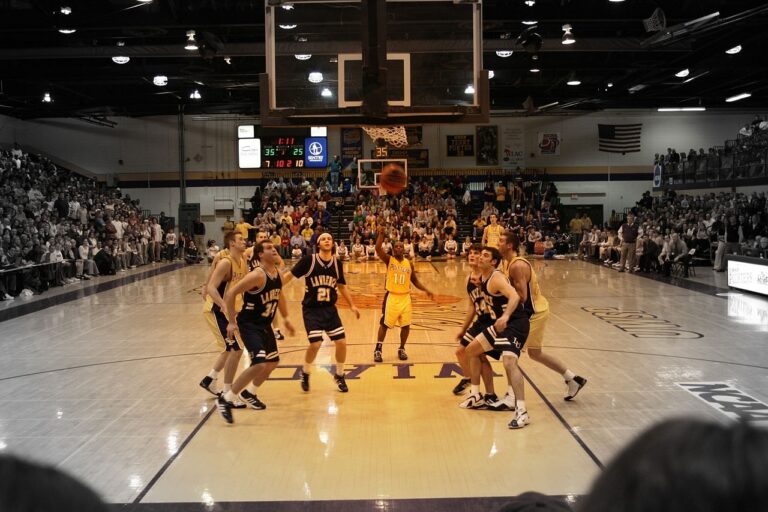Radiology’s Role in Health Management: 11xplay pro, Diamondexch9, Sky exchange bet
11xplay pro, diamondexch9, sky exchange bet: Radiology’s Role in Health Management
When it comes to health management, one key aspect that often gets overlooked is the critical role that radiology plays. Radiology is the branch of medicine that uses medical imaging to diagnose and treat diseases. From X-rays to MRIs, radiology techniques are essential in providing accurate diagnoses and creating treatment plans for patients. In this article, we will explore the importance of radiology in health management and how it impacts overall patient care.
The Power of Imaging
Imaging techniques such as X-rays, CT scans, MRIs, and ultrasounds play a crucial role in diagnosing a wide range of medical conditions. These imaging tests provide detailed images of the inside of the body, allowing healthcare providers to see abnormalities such as tumors, fractures, and internal injuries. By accurately diagnosing these conditions, radiologists can help healthcare providers develop targeted treatment plans for their patients.
Early Detection Saves Lives
One of the most significant benefits of radiology is its ability to detect diseases at an early stage. For example, mammograms can detect breast cancer before symptoms appear, allowing for timely intervention and improved outcomes. Similarly, CT scans can identify lung cancer in its early stages, increasing the chances of successful treatment. The early detection of diseases through radiology can significantly impact a patient’s prognosis and overall quality of life.
Guiding Treatment Decisions
Radiology not only helps in diagnosing diseases but also plays a crucial role in guiding treatment decisions. For example, interventional radiology uses minimally invasive procedures guided by imaging techniques to treat conditions such as blocked arteries, tumors, and internal bleeding. By precisely targeting the affected area, interventional radiologists can deliver treatments directly to the source of the problem, reducing the risk of complications and improving patient outcomes.
Monitoring Disease Progression
Radiology is also essential for monitoring disease progression and treatment responses. For patients undergoing cancer treatment, regular imaging scans can help healthcare providers assess the effectiveness of therapy and make adjustments as needed. Additionally, radiology plays a crucial role in post-operative care, allowing healthcare providers to monitor healing progress and identify any potential complications that may arise.
Enhancing Patient Care
Radiology plays an integral role in providing personalized and comprehensive care to patients. By working closely with other healthcare providers, radiologists help in the interpretation of imaging results and collaborate on treatment plans. This multidisciplinary approach ensures that patients receive the best possible care tailored to their specific needs, leading to improved outcomes and patient satisfaction.
The Future of Radiology
As technology continues to advance, the field of radiology is constantly evolving. From artificial intelligence to 3D imaging techniques, radiologists have access to innovative tools that improve diagnostic accuracy and streamline patient care. By staying at the forefront of these advancements, radiologists can continue to play a vital role in health management and contribute to better patient outcomes.
In conclusion, radiology is a cornerstone of health management, providing essential diagnostic and treatment tools that impact patient care significantly. From early disease detection to guiding treatment decisions, radiology is essential in improving outcomes and enhancing patient quality of life. As the field continues to evolve, radiologists remain at the forefront of innovation, ensuring that patients receive the best possible care.
FAQs
Q: Are radiology tests safe?
A: Radiology tests are generally safe, and the benefits often outweigh the risks. However, it is essential to discuss any concerns with your healthcare provider before undergoing any imaging procedures.
Q: How long does it take to get results from a radiology test?
A: The time it takes to receive results from a radiology test can vary depending on the type of test and the healthcare facility. In most cases, results are available within a few days to a week.
Q: Can I request a copy of my radiology images?
A: Yes, you have the right to request a copy of your radiology images for your records or to share with other healthcare providers. Be sure to discuss this with your healthcare provider or the radiology department.







